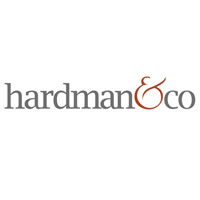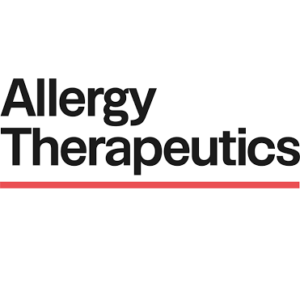 Allergy Therapeutics Plc (LON:AGY) is a long-established specialist in the prevention, diagnosis and treatment of allergies. The first half of fiscal 2016 has been fueled by the progress made in the clinical trials required to get full marketing approval as a biological in both the US and Europe. Key results are due in both set of trials in the forthcoming six months. Meanwhile, investment in marketing of Pollinex Quattro in Europe to expand market share ahead of full marketing approval has borne fruit in the first half. The company is well funded to deliver on its strategy with its short-course allergy vaccines expected to enter the market as a disruptive technology in 2019.
Allergy Therapeutics Plc (LON:AGY) is a long-established specialist in the prevention, diagnosis and treatment of allergies. The first half of fiscal 2016 has been fueled by the progress made in the clinical trials required to get full marketing approval as a biological in both the US and Europe. Key results are due in both set of trials in the forthcoming six months. Meanwhile, investment in marketing of Pollinex Quattro in Europe to expand market share ahead of full marketing approval has borne fruit in the first half. The company is well funded to deliver on its strategy with its short-course allergy vaccines expected to enter the market as a disruptive technology in 2019.
► Sales: AGY had already announced to the market that underlying sales growth in 1H’16 was +12% but, given that most sales are in Euros, this would be reduced significantly on translation. However, there was a positive effect from the first contribution from Alerpharma, so sales emerged £0.5m above expectations.
► Marketing: Management has taken a strategic decision to invest in marketing to build position and market share in preparation for the approval of Pollinex Quattro as a biological. This spend emerged £0.3m ahead of forecast. Trading margin on products emerged at 41.4% versus 43.9% in 1H’15.
► R&D: 1H’16 was successful for R&D. One US trial (G102) was completed and a second (G204) is fully recruited, as is the case in Europe with Pollinex Quattro (PQB 204). Total R&D spend was £0.5m lower than forecast at £6.5m, but timing, cost and extra trial work will push up the full year number by £2m to £15m.
► Forecasts: Sales forecasts have been increased between 4-9% in each of the next three years reflecting market share gains in response to marketing spend. Total R&D investment has been increased by £9.0m to £50.0m for the period 2016-2019, reflecting increased trial costs and spend on new technologies.
► Investment summary: Allergy Therapeutics Plc is at a very interesting point in its development. All the trials needed for full approval of its allergy vaccines as biological products in both the US and Europe have made significant progress. Meanwhile, corporate strategy to invest in market share ahead of these approvals has been successful, albeit at slightly reduced margins. Trial outcomes later in 2016 will be key.


